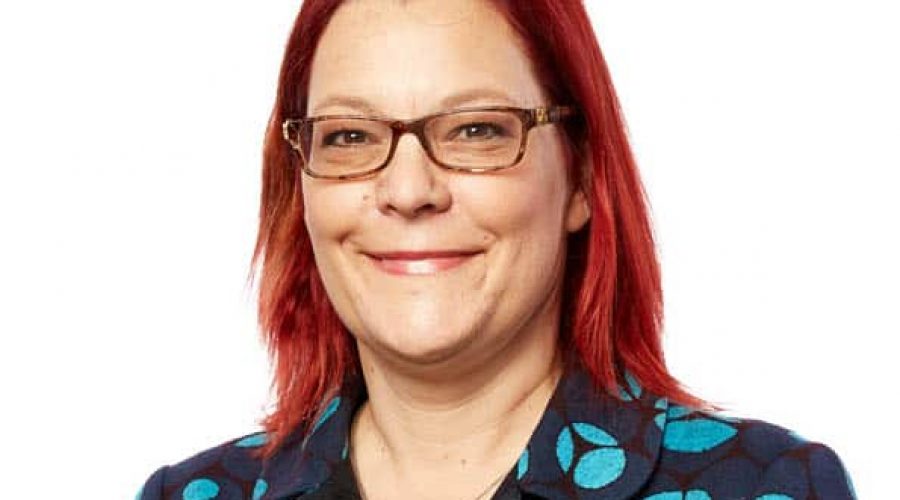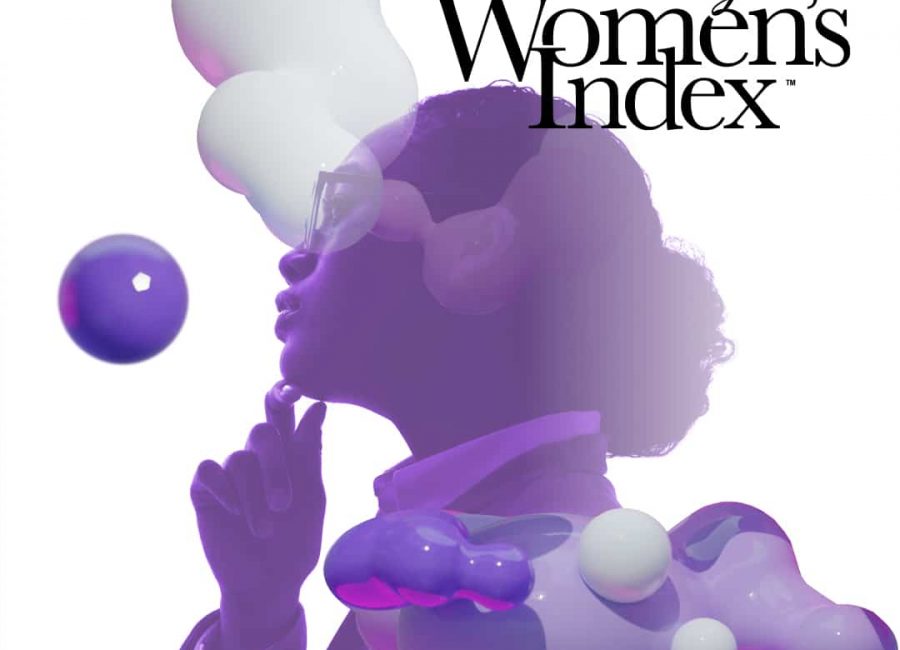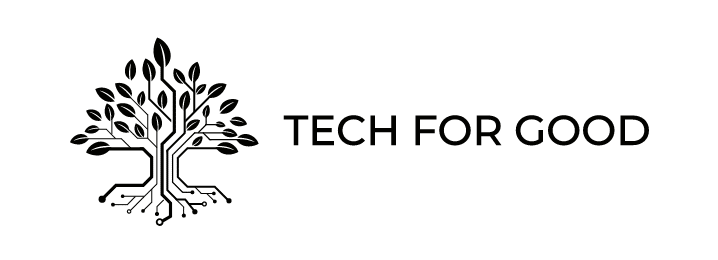An increasing number of women are making big money or economics calls in Australian financial markets, but the real shame is that not enough journalists know that they exist.
An article posted this morning in smh.com.au/business put a call out to women in economics to get in touch as the industry tries to promote more women in financial markets.
It also made the claim that “Male economists are, in my experience, more likely to feel very well informed across a broader range of topics. They’re also more prepared to stick their neck out with an opinion, even if they’re not entirely across all the details.”
Financy more on that article?
Truth be told, I enjoy these types of articles, not because I agree – to the contrary on some points – but it highlights the debate underway, what’s happening offshore and why change needs to be supported here.
Since leaving the Australian Financial Review to start the country’s only independent women’s money and finance magazine Financy hasn’t found it difficult to find nearly a dozen women in leading economic roles in Australia.
These are women who are actively making calls on the economy and who want to speak to the press. Yet they probably don’t have the “dial-a-quote” familiarity as other equally great men in economics.
We asked four of these women what it’s likely to take to get more women in their field and whether the boy’s club is as rock solid as it once was?
Su-Lin Ong chief economist and head of Australian research RBC Capital Markets: “It is not so much economics and strategy but I think it is more broadly financial markets. It is generally skewed to males, across sales, trading, capital markets and front office roles.
“There have been initiatives no doubt on the diversity and gender front and the dial is shifting slowly but I think it is a matter of making sure that the culture is inclusive.”
Janu Chan senior economist St George Bank: “In the past financial markets has always been a bit of a boys club but today there are more female economists than there used to be.
“In the banks you do have more flexible working conditions which helps, and that is beneficial.
“I just think back to when I first started out in 2007, I walked into an economist function and the whole room was male, but now I think that has changed.
“The room is still male dominated but you probably feel like there is at least a handful of women and a bit more of a mix.
“I think it has changed and it will just take time for more change to come through and filter down from the top, particularly where you have leaders like Westpac boss Brian Hartzer who is quite supportive of promoting more women in leadership.”
Nicki Hutley chief economist Urbis: “It’s a 24/7 environment. It’s the same thing that will get more women in similar jobs and that comes down to having the support to be able to combine parenting with your career.
“Financial market economics is still very much a blokes world, in fact finance and property are probably the last two bastions of blokeiness, and that needs to change.
Jo Masters senior economist ANZ Bank: “In banking there is still that sense of the boys club and it has a reputation for being hard to compete.
“I think as an industry we need to promote the women we do have.
“I saw a quote recently that said it is hard to be what you can’t see.
“I think if you really want to encourage women into these roles, we need to show women that it can be done and how it can be done.
“I think if we had greater work flexibility for men, and actually encouraged that then I think that would really help things.”
















